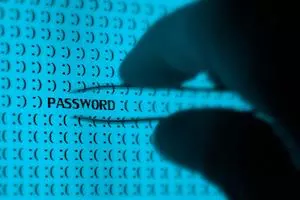The Supreme Court of Justice of the Province of Buenos Aires ruled that the signature requirement on electronic documents by petitioners acting on their own behalf can only be fulfilled using a digital signature

In re “Carnevale, Cosme Omar v. Province of Buenos Aires s/ claim for compensation–special appeal of inapplicability of law” (Dockett No. 74.409), plaintiff filed an appeal against the decision of the Supreme Court of Justice of the Province of Buenos Aires that ruled that the appeal of inapplicability of the law against the ruling of the Court of Appeals by which the decision rendered in the district court rejecting the claim was upheld.
In this case, the plaintiff filed the claim through the electronic filing system, acting on his own right —without providing power of attorney to the counsel— and was electronically signed only by plaintiff´s legal counsel. The Court emphasized that the writs of the parties, to be such, must be signed by the petitioner when there is no power of attorney in favor of counsel. Likewise, it stated that in the case of documents generated by electronic means, the signature requirement will be satisfied if a digital signature is used (section 288 of the Argentine Civil and Commercial Code).
The Supreme Court ruled that, when there is no possibility of signing a document digitally, petitioners may grant sufficient power to their sponsor in front of the Secretary of the Court, drawing up the relevant minutes. Similarly, legal counsel has the possibility of relying on Section 48 of the Civil and Commercial Procedural Code (Paragraph 2 of the Electronic Submission Protocol approved by the Supreme Court’s decision No. 3415/2012).
Although the Court warned that in this specific case the deficiency in the signature could have been avoided by filing a paper copy, it resolved to grant the legal counsel a 5-day term to correct such deficiency in light of the recent implementation of the electronic filing procedure.
This insight is a brief comment on legal news in Argentina; it does not purport to be an exhaustive analysis or to provide legal advice.